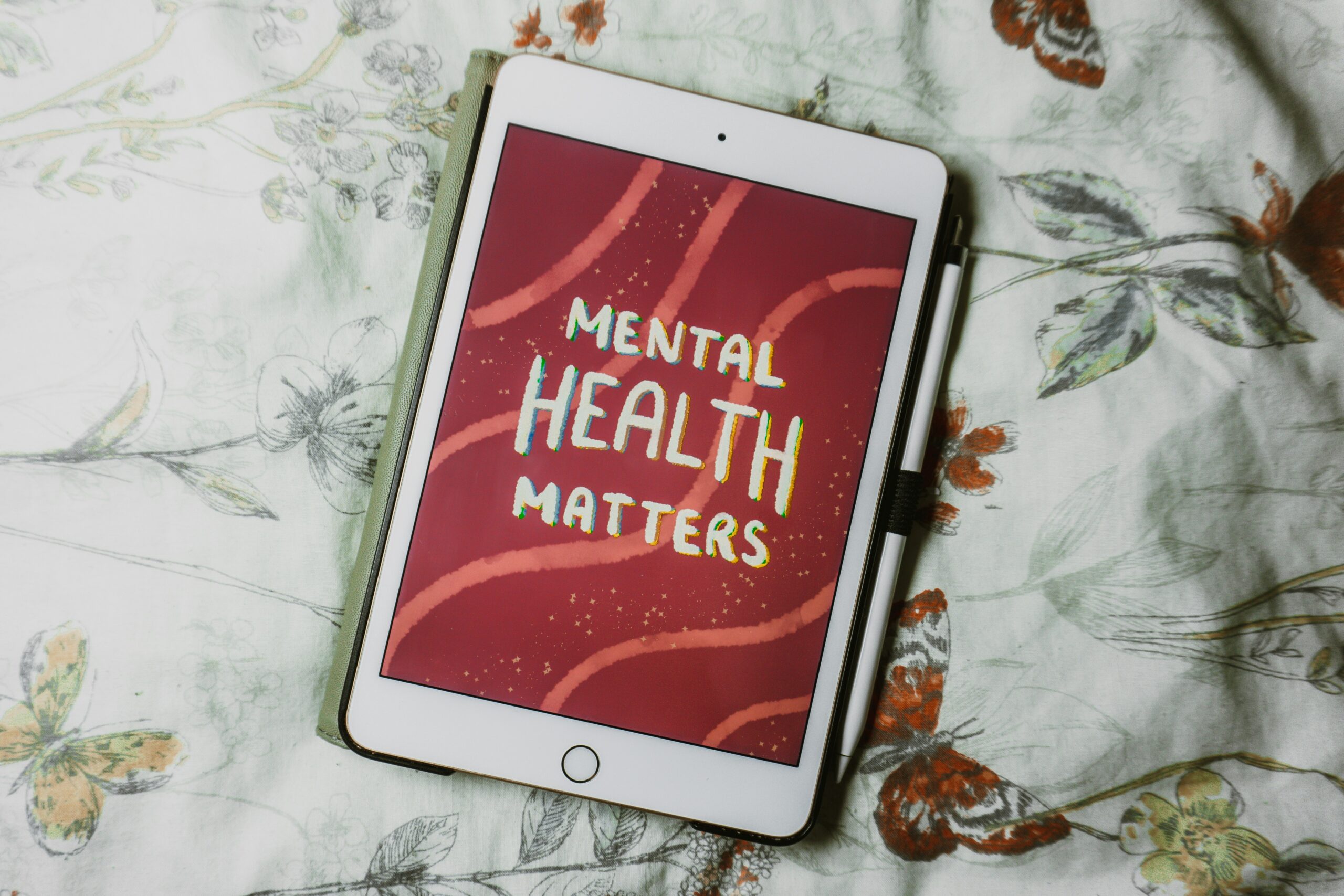The landscape of mental health support is undergoing a significant transformation with the rise of mental health apps. These mobile applications offer a range of features, from therapy support and anxiety management to mindfulness exercises and mood tracking. While these apps have the potential to make mental healthcare more accessible and affordable, questions arise regarding their effectiveness and how they fit into a comprehensive mental health treatment plan.
Accessibility and Affordability: Expanding the Reach of Mental Healthcare
One of the most significant advantages of mental health apps lies in their accessibility. These apps can be downloaded on smartphones and tablets, offering users immediate access to mental health resources, regardless of location or time constraints. This is particularly beneficial for individuals residing in areas with limited access to traditional therapy services due to geographical barriers or financial constraints. Mental health apps can often be more affordable than traditional therapy sessions, making them a potentially viable option for people with limited financial resources. Additionally, some apps offer free basic features, allowing users to explore the benefits of mental health tools before committing to a paid subscription.
Personalized Tools and Self-Management Strategies
Mental health apps offer a diverse range of features targeting various mental health concerns. These can include guided meditations for stress reduction and anxiety management, cognitive-behavioral therapy (CBT) techniques to challenge negative thought patterns, and mood tracking tools to help users identify triggers and patterns in their emotional well-being. Some apps even offer personalized recommendations and daily challenges to promote self-management and foster positive behavioral changes. This level of personalization allows users to focus on areas they feel need the most attention.
Building a Supportive Community and Breaking Stigma
Mental health apps can create a sense of community and connection for users. Some platforms offer anonymous forums or chat rooms where individuals can share experiences, offer support to one another, and reduce feelings of isolation. This online support system can be particularly valuable for people who might feel hesitant to discuss their mental health concerns with friends or family. Furthermore, the growing popularity of mental health apps helps to normalize conversations about mental well-being and reduce the stigma often associated with seeking professional help.
Limitations and Concerns: Can Apps Replace Therapy?
Despite the benefits, it’s crucial to acknowledge the limitations of mental health apps. These apps typically cannot replace traditional therapy with a licensed mental health professional. They cannot provide personalized diagnoses, address complex mental health conditions, or manage severe symptoms. Apps are best viewed as supplementary tools that can provide support and additional resources in conjunction with professional therapy. Additionally, the effectiveness of these apps varies greatly. Some apps offer evidence-based interventions, while others lack scientific rigor or might rely on gimmicky features. Careful research and understanding app functionalities are essential before choosing a mental health app.
Privacy Concerns and Data Security: Protecting Your Information
Mental health apps collect a significant amount of personal data, including mood logs, thoughts, and potentially even biometric information. It’s crucial that these apps prioritize data security and adhere to strict privacy regulations. Users need to be aware of how their data is collected, stored, and used. Choosing apps with clear and transparent privacy policies is essential to protect sensitive information.
A Collaborative Approach: Integrating Apps with Traditional Therapy
Mental health apps offer a valuable new avenue for supporting mental well-being. However, they should be seen as complementary tools within a comprehensive treatment plan. Ideally, individuals utilize mental health apps in conjunction with traditional therapy sessions with qualified mental health professionals. Therapists can guide users on how to best utilize apps, monitor progress, and provide personalized support that applications cannot offer.
The Future of Mental Health Apps: Continuous Development and Ethical Considerations
The development of mental health apps is an ongoing process. As technology advances, we can expect to see apps with even more sophisticated features, personalized feedback mechanisms, and potentially even AI-powered interactions. However, ethical considerations remain paramount. Ensuring data privacy, prioritizing scientific validity, and promoting responsible app development are crucial to ensure that mental health apps remain a valuable resource in supporting overall well-being.
